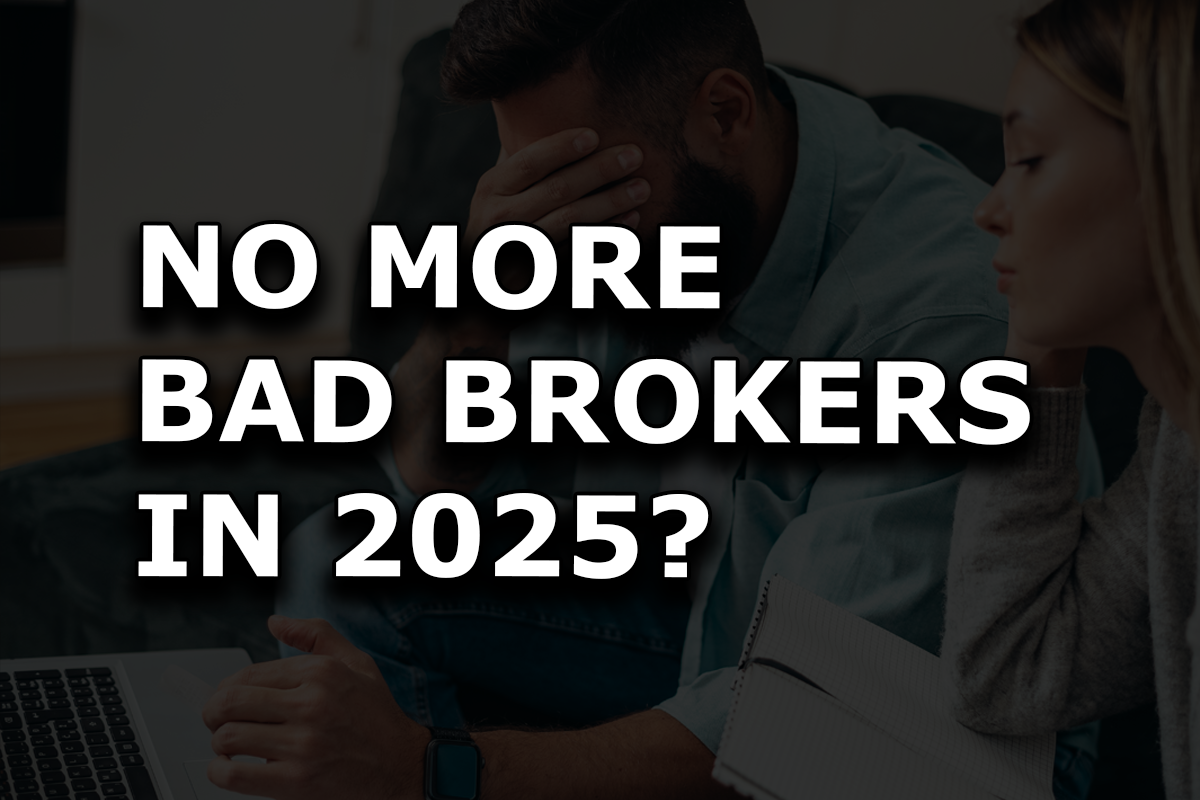At the beginning of this year, FMCSA proposed modification in five regulatory areas that would benefit motor carriers as some brokers with dishonest business practices can create unnecessary financial hardship for unsuspecting motor carriers.
This is because some brokers:
- Improperly choose to withhold payment to motor carriers for services rendered
- Causing motor carriers to submit claims to receive payment and
- If the claims against an individual broker exceed $75,000, the financial responsibility provider will often submit the claims to a court in an interpleader action to determine how to allocate the broker bond or trust fund
The interpleader process can be costly and time consuming for motor carriers, and generally results in motor carrier claims being paid pro rata, depending on the number of claims against the broker bond or trust fund.
We now have the final rule that will change the financial responsibility requirements for brokers and freight forwarders, including a provision enabling the agency to shut a broker or freight forwarder down quickly in the event of a drawdown on a bond or other required financial security with valid claims, or for other reasons.
Let’s take a closer look.
What the broker financial responsibility rule says
This final rule modifies the following five regulatory areas relating to broker and freight forwarder financial responsibility:
- Assets Readily Available
- Immediate Suspension of Broker/Freight Forwarder Operating Authority
- Surety or trust responsibilities in cases of broker/freight forwarder financial failure or insolvency
- Enforcement Authority
- Entities Eligible to Provide Trust Funds for BMC-85 Filings
Existing regulations on broker surety bonds or trust funds (49 Code of Federal Regulations 387.307) are set to expire on Jan. 16, 2025 and the following rules will replace them.
Assets readily available: The rule makes brokers or freight forwarders required to meet the MAP-21 requirement to have “assets readily available” by maintaining trusts that meet certain criteria, including that the assets can be liquidated within 7 calendar days of the event that triggers a payment from the trust, and that do not contain certain assets.
A list of the acceptable asset types that a BMC-85 trust may contain include:
- Cash
- irrevocable letters of credit (ILCs) issued by a federally insured depository institution, and
- Treasury bonds
FMCSA determined that these asset types are readily available because they are stable in value and can be easily liquidated within seven calendar days of an event that triggers a payment from the trust.
Other asset classes, such as real estate stocks, non-Treasury bonds, and other securities are not sufficiently liquid and involve significant risk to the investor, and therefore none of these asset classes can be considered readily available.
The compliance date for this provision is Jan. 16, 2026.
Immediate Suspension of Broker/Freight Forwarder Operating Authority: The final rule will allow FMCSA to suspend the operating authority registration of a broker or freight forwarder when its available financial security falls below $75,000.
A lists reasons that this may happen include:
- A broker or freight forwarder consents to a drawdown
- A broker or freight forwarder does not respond to a valid notice of claim from a surety or trust provider
- A claim against the broker or freight forwarder is converted to a judgment
Today, the broker suspension process often plays out over the course of a 30-day waiting period after notification of cancelation of the security from the bonding company or trust fund.
Now, if the broker or freight forwarder does not replenish funds within seven calendar days after notice from FMCSA, the agency will shut the entity down with a notification of suspension of operating authority.
The Small Business in Transportation Coalition (SBTC) applauds FMCSA’s 7-day requirement to stop the bleeding and prevent destitute brokers from running out the original clock and operating until revocation with no ability or intent to pay carriers at the 11th hour on the eve of exiting the industry after their bond has been depleted.
How will they do this?
FMCSA intends to use its forthcoming Unified Registration System (URS) platform to receive information from surety providers, trustees, brokers and freight forwarders to administer the agency’s immediate suspension responsibilities.
In the end, this rule should reduce fraud by limiting the time brokers can continue to accrue claims while experiencing financial failure or insolvency before their operating authority registration is suspended.
The compliance date for this provision is Jan. 16, 2025.
Surety/trust responsibilities with broker/forwarder failure or insolvency: The rule requires that if the surety/trustee becomes aware that a broker or freight forwarder is experiencing financial failure or insolvency, it must notify FMCSA and initiate cancelation of the financial responsibility.
The agency can lift the suspension notice if the broker or freight forwarder subsequently cures the default, and the surety company or financial institution reinstates the bond or trust or the broker or freight forwarder obtains a new bond or trust.
Again, FMCSA intends to use the URS platform to receive information and carry out its own responsibilities under this provision.
The compliance date for this provision is Jan. 16, 2025.
Enforcement authority: The rule implements MAP-21 requirements around suspension of a surety or trust fund provider’s authority in certain circumstances.
FMCSA will:
- Provide notice of the suspension to the surety/trust fund provider
- Then 30 calendar days for the surety or trust fund provider to respond before a final decision is issued.
- FMCSA is also adding monetary penalties and a statutorily mandated suspension in 49 CFR part 386, appendix B, for violations of the new requirements.
The compliance date for this provision is Jan. 16, 2025.
Entities eligible to provide trust funds for BMC-85 Filings: Lastly,FMCSA is removing loan and finance companies from the list of providers eligible to serve as BMC-85 trustees as they “are not subject to the rigorous federal regulations applicable to chartered depository institutions or to the state regulations applicable to insurance companies.”
However, loan and finance companies can obtain certification to operate as another type of financial institution that remains on the list of eligible providers in the new rule.
The compliance date for this provision is Jan. 16, 2026.
If you have any questions or concerns, please call us at 800.724.5523 or email info@cnsinsures.com.
Get a Complete Broker Insurance Quote today
Today, brokers need a wider variety of protection that often includes:
- Truck/Freight Broker Auto, General Liability Coverage – Up to $5,000,000
- Professional (E&O) – Up to $1,000,000
- Contingent Cargo Liability – Up to $500,000
Our Commercial Truck Insurance Specialists can help you get a broker insurance quote.






